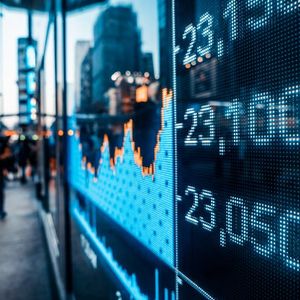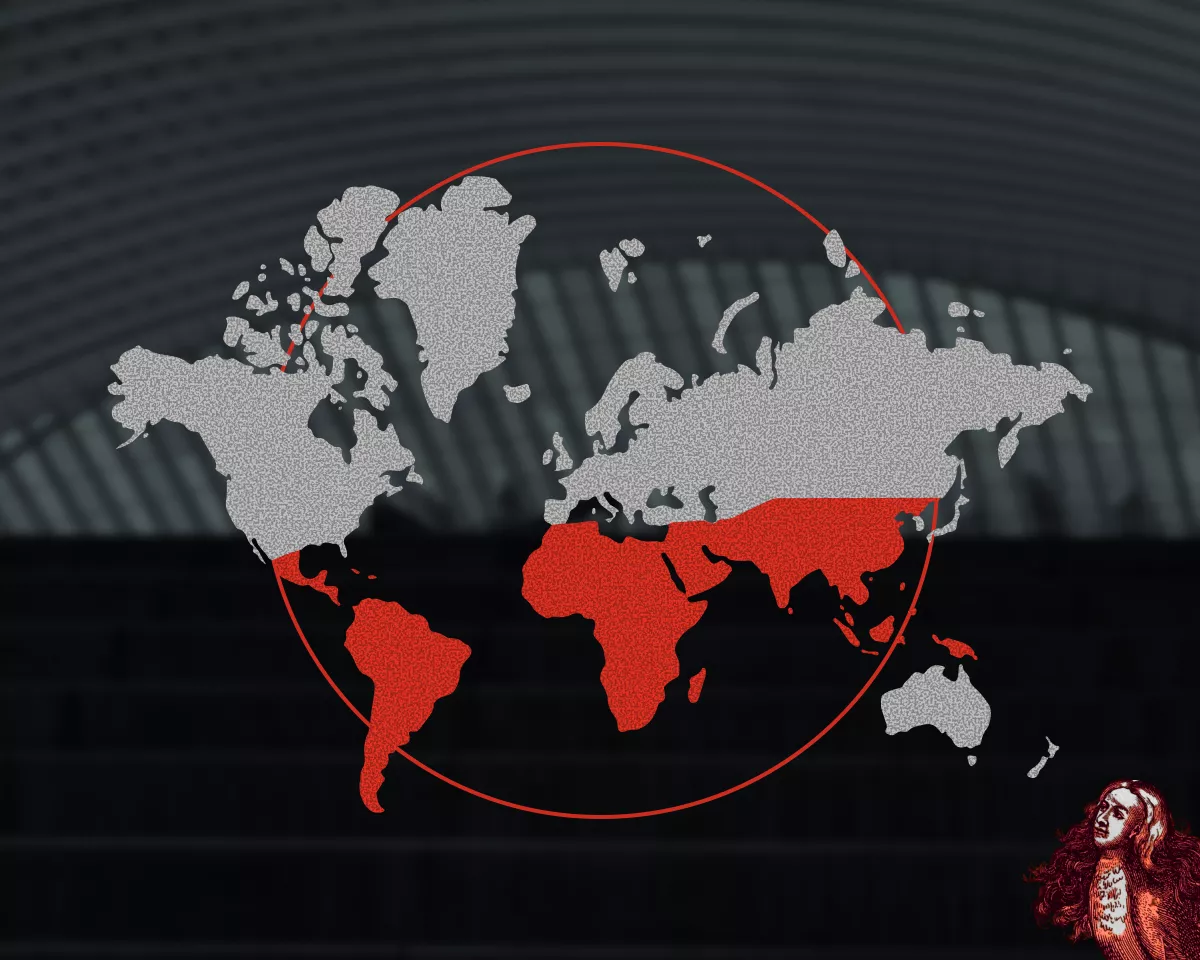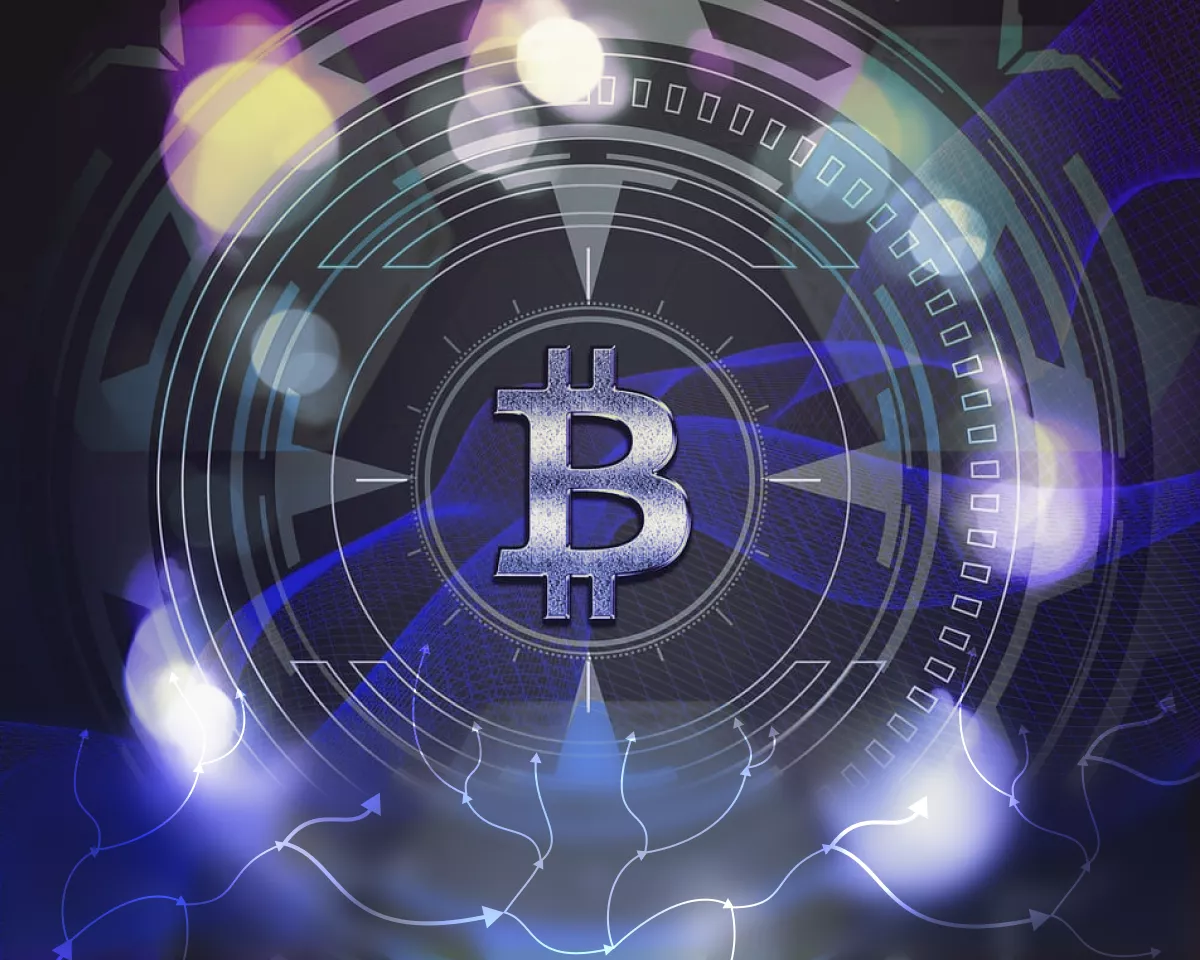The post Will Trump Fire Jerome Powell? Fed Chair Faces Rising Pressure appeared first on Coinpedia Fintech News President Donald Trump is once again targeting Federal Reserve Chair Jerome Powell, demanding his immediate resignation as tensions over interest rate policy boil over. Trump is furious that Powell has not slashed rates, blaming the Fed for rising debt-servicing costs that he claims are burdening the U.S. economy. His frustration intensified after Powell suggested that Trump’s tariffs are contributing to inflation, making it harder for the Fed to justify rate cuts. Trump quickly fired back, accusing Powell of standing in the way of economic recovery. Trump Amplifies Resignation Demands The situation escalated when Bill Pulte, head of the Federal Housing Finance Agency, accused Powell of lying during Senate testimony and acting with political bias. Trump reposted Pulte’s remarks on social media and doubled down on his demand that Powell step down immediately. This leads to the big question: Will Trump fire Jerome Powell? Can Trump Fire Powell? Legal Obstacles Remain While Trump has previously threatened to remove Powell , experts say the legal route is not that simple. The Supreme Court has reinforced that the Federal Reserve’s independence is protected, and forcibly removing the Fed Chair before the end of his term could face major legal challenges. When Does Jerome Powell’s Term End? Jerome Powell is currently serving a four-year term as Chair of the Federal Reserve, which began in May 2022. His term is set to end in May 2026. Unless he resigns voluntarily, Powell is legally protected from being removed without cause, making Trump’s threats more political than practical. [post_titles_links postid=”477927″] Powell Blames Tariffs, Trump Blames Powell Powell has repeatedly pointed out that the ongoing tariff policies introduced by Trump are driving inflationary pressure. This gives the Fed reason to remain cautious with rate cuts, regardless of political demands. Some analysts are watching a possible tariff expiration around July 9, which may create room for the Fed to ease its stance — but that’s far from guaranteed. Analysts and Crypto Experts Join the Criticism The pressure isn’t limited to politics. Crypto analyst Matt criticized Powell’s refusal to cut rates, noting that inflation is already near the Fed’s 2% target. He compared it to past election years when rate cuts were more aggressive and suggested Powell’s current stance may be politically influenced. Bitcoin Price Reacts Bitcoin jumped 2.62% to over $108,000 in the wake of the political drama, signaling the market’s sensitivity to Fed policy uncertainty. While Powell’s resignation is still unlikely, the growing war of words between Trump and the Fed is keeping both traditional and crypto markets on edge. [article_inside_subscriber_shortcode title=”Never Miss a Beat in the Crypto World!” description=”Stay ahead with breaking news, expert analysis, and real-time updates on the latest trends in Bitcoin, altcoins, DeFi, NFTs, and more.” category_name=”News” category_id=”6″] FAQs Why is President Donald Trump demanding Jerome Powell’s resignation? President Trump is demanding Fed Chair Jerome Powell’s resignation because he believes Powell has not cut interest rates aggressively enough. Trump blames the Fed’s high rates for increasing U.S. debt-servicing costs and hindering economic recovery, especially after Powell linked Trump’s tariffs to inflation. How do Jerome Powell and Donald Trump differ on the cause of current inflation? Jerome Powell attributes current inflationary pressures partly to President Trump’s ongoing tariff policies, which he states make it harder for the Fed to justify rate cuts. Donald Trump, however, blames Powell and the Federal Reserve for not lowering interest rates, arguing that rising debt costs are hindering the economy. How is the financial market, including Bitcoin, reacting to the Trump-Powell conflict? The financial market, including Bitcoin, is reacting with sensitivity to the Trump-Powell conflict over Fed policy. Bitcoin, increasingly behaving like a macro asset, jumped 2.62% to over $108,000 in the wake of the political drama, indicating how market participants are closely watching central bank policy uncertainty.



















